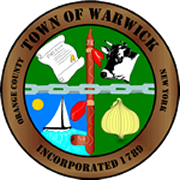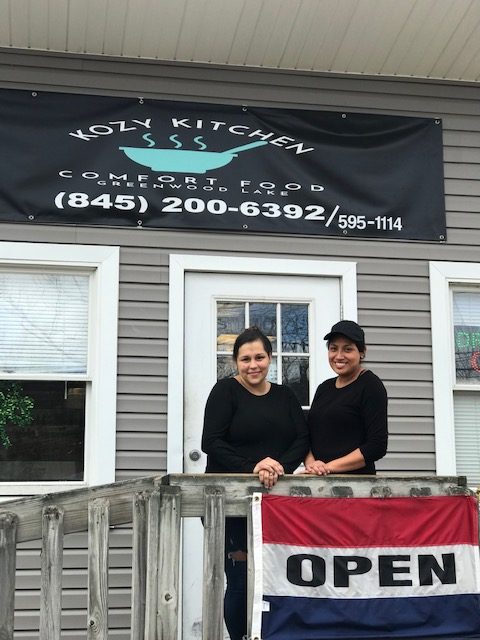By Peter Lyons Hall Village of Greenwood Lake
Most foods that Americans eat chicken and beef that contain highly processed ingredients that minimize the nutrients (vitamins, minerals, proteins, etc.) that can accompany properly raised protein sourced livestock and even fruits and vegetables, according to recent research studies from as varied sources as the producers of documentary films (e.g. Food Inc 2) to federal and state government agencies designed to protect the consumer.
Over many decades diversified farms gave way to genetically uniform monocultures—fields planted with just one crop species at a time, such as corn, wheat, or soy, over a very large area, and farmers were encouraged to become more specialized. This has led to more frequent food recalls, food quality issues, and costly practices that were not expected to ever occur.
Monoculture vs. Diversity However, according to ecosystemsunited.com, “treating living creatures and the environment like simple variables in an economic equation has led to controversy about animal welfare and the negative externalities of industrial production. Nonetheless, the fast majority of food is
produced within consolidated systems. For example, a strong majority of all chickens come from facilities housing over 200,000 birds or 5,000 pigs per year. Such production systems are called concentrated animal feeding operations (CAFOs) or factory farms.”
But the vendors participating in the Lakeside Farmers Market, as well as other local communities, are reversing that trend, and are becoming more diverse in their crop production and relying much less on techniques that previous generations sought out to remain competitive. Hillery Farms and Peg’s Eggs from Pine Island, NY, in contrast to factory farms, provides a “free range” environment to raise chickens, allowing their animals unrestricted access to a more nourishing menu. Free-range pasture-raised chickens live an outdoor life where they are allowed to mature slowly, with diets that are supplemented with organic grain to provide a nutritionally complete and balanced diet, free from antibiotics and GMOs. During most of the year they are raised outside and get to enjoy life with 24/7 access to pastures, allowing them access to unlimited organic grasses, herbs and clovers so they can get their fill.
Hillery Farms also provides grass-fed and grass-finished beef from Lowland Farm. Meats from Lowland Farm come from animals that are humanely raised. Cows and sheep graze pastures and eat hay exclusively, the food that best suits their ruminant stomachs. They range across open pastures from birth to market, rather than live in confinement. This allows them to stay healthy and live free of antibiotics. The result is healthier food products and better favors!
Peg’s Eggs, representative, Chris, revealed that “our eggs are raised from free-range chickens who get to eat from a natural menu in the wild, not from hens fed only grain in confined spaces, sourced at most supermarkets. Our eggs are going to bigger and healthier and stand up better in the frying pan. The yolks are going to be a lot firmer and the shells a lot harder.
Market Concentration Government policies and economic conditions have permitted a growing concentration among companies in many food sectors in the global economy: PepsiCo owns 62% of the salty snack market, three companies control most of the coffee consumed in the U.S., DuPont has merged with Dow Chemical; and Bayer recently purchased Monsanto. Meanwhile, the four largest U.S. beef slaughtering and processing companies industry earn 82% of the sales, while just four companies in the supermarket sector earn at least 42% of the sales, despite the apparent number of brand name chains consumers might be accustomed to.
To learn more about where your local food comes from and ask questions about growing techniques from the farmers, orchard growers, and vegetable producers, stop by the Lakeside Farmers Market on Saturdays, from 9AM-1PM on Windermere Ave., Greenwood Lake, or Click on GWLNY.org to learn more about the vendors present.






